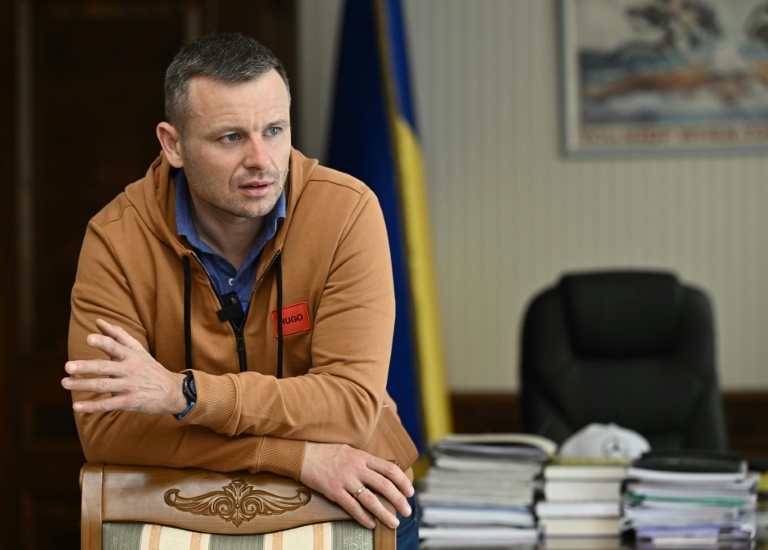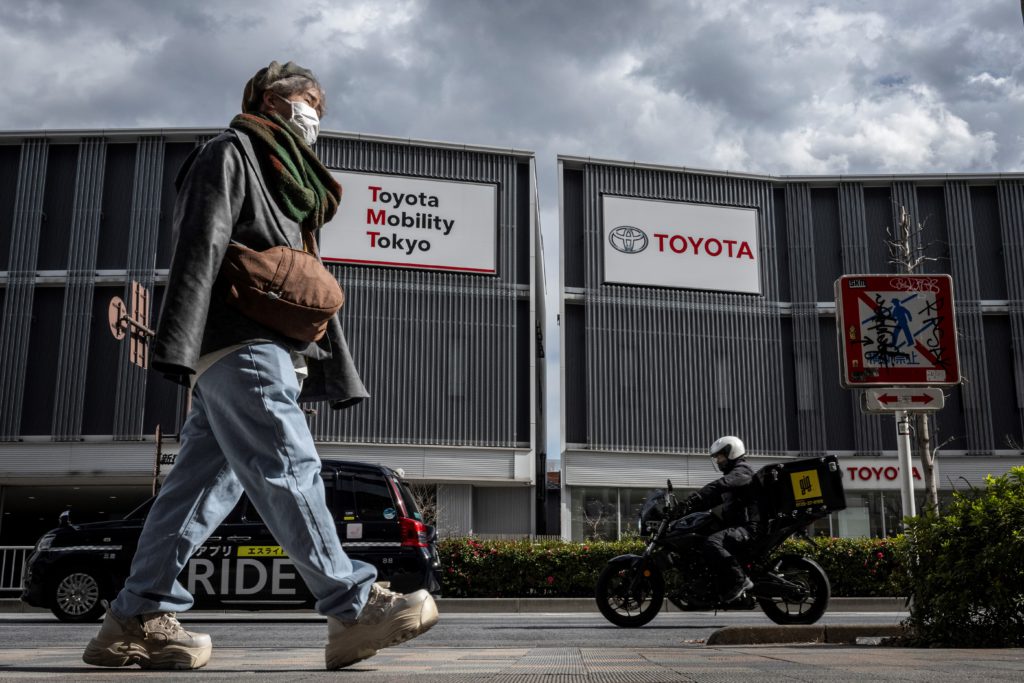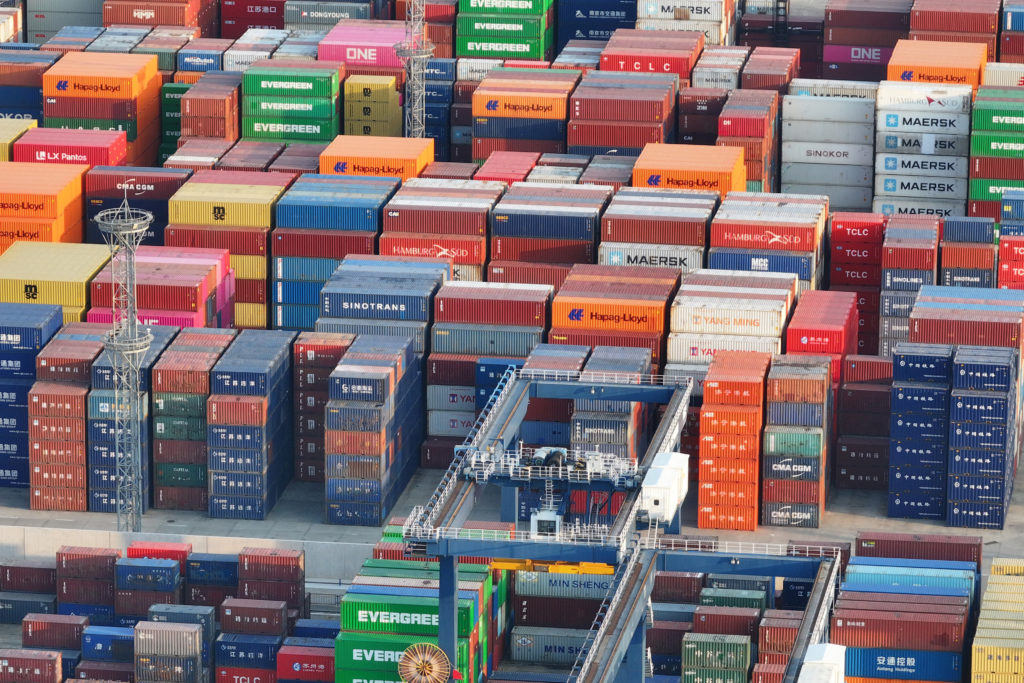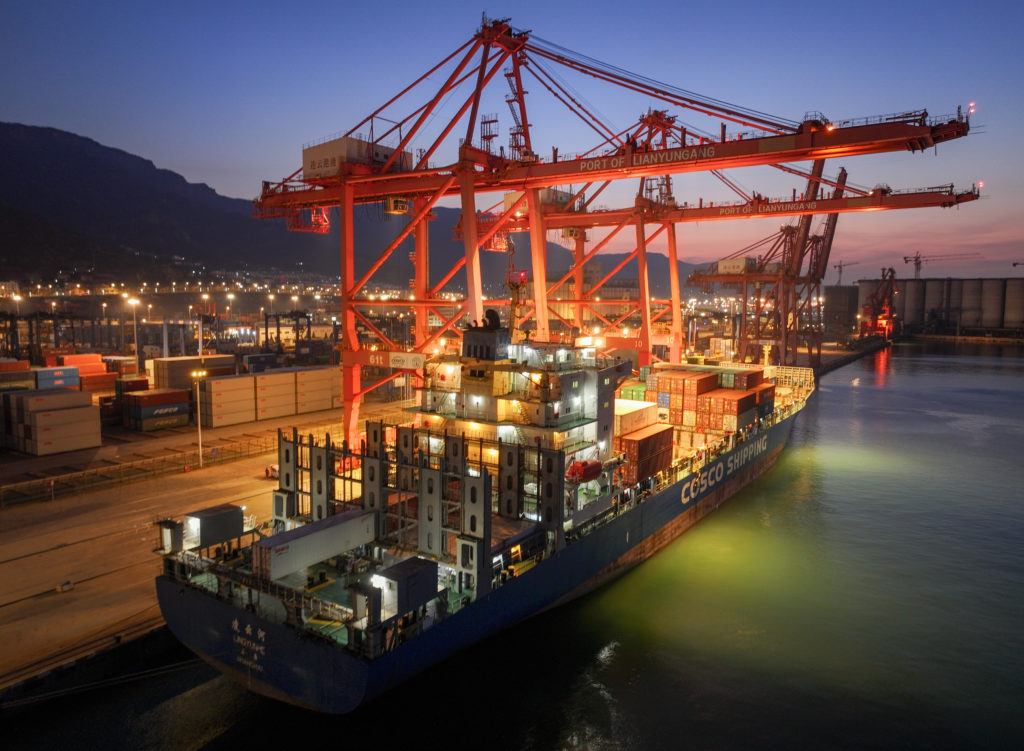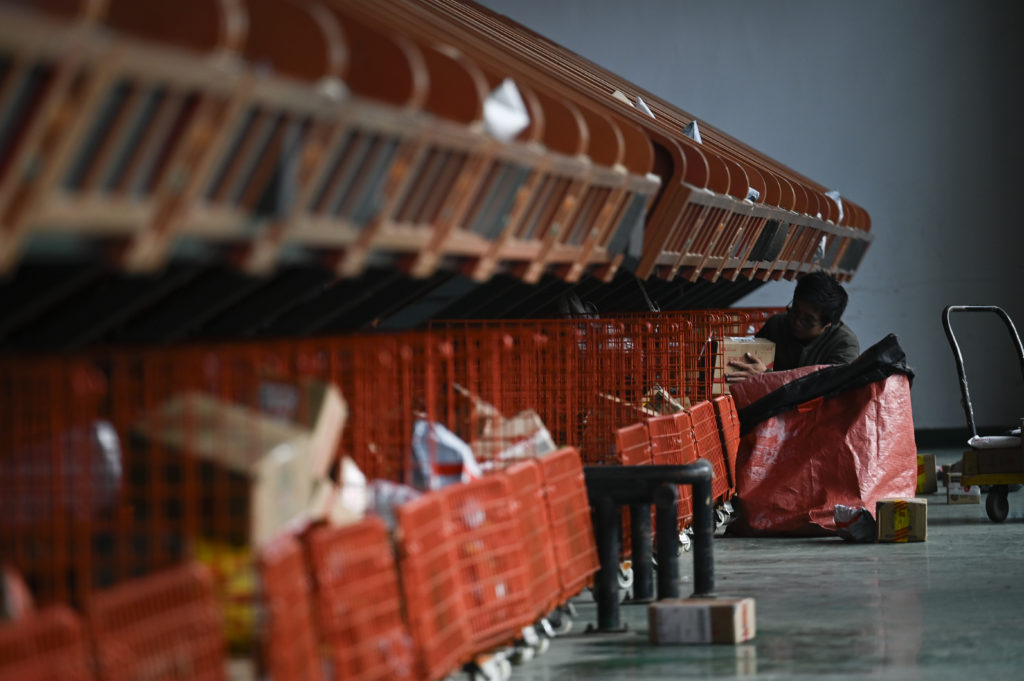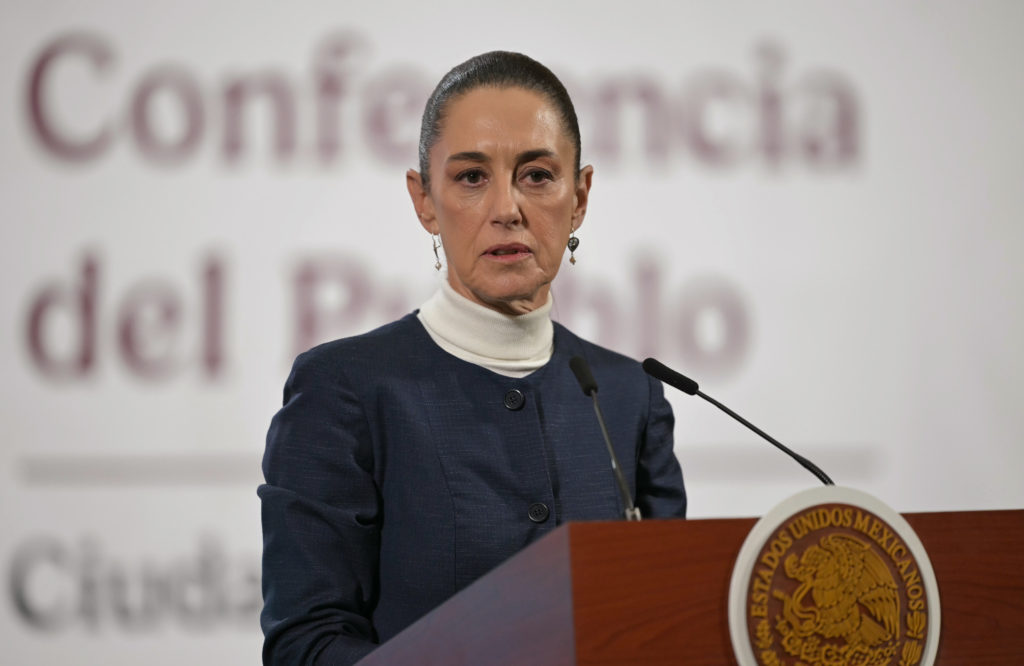The war is not over, but Ukraine’s finance minister says the first signs of economic recovery are emerging after Russian troops retreated away from the capital and northern areas.
“The war continues but we are not seeing the same level of escalation as we saw in the first two months,” Finance Minister Sergiy Marchenko told AFP in an interview in his Kyiv office, decorated with Ukraine’s blue and yellow flag.
“In the first two months we saw attacks and bombings of large cities,” Marchenko said. “Now the military front has been localised to specific territories.”
Already one of Europe’s poorest countries before the Russian invasion beganon February 24, Ukraine’s economy is now in shambles.
Cities have been levelled by fighting, infrastructure is shattered and over six million people have left Ukraine. A Russian blockade has prevented Ukraine to use its ports to ship its key agricultural exports such as wheat and sunflower oil.
The International Monetary Fund and World Bank have forecast that the Ukrainian economy will shrink by between 35 and 45 percent this year.
Marchenko said gross domestic product could contract by as much as 50 percent, with the overall damage from the conflict totalling $600 billion.
Customs duty revenues fell 70 percent compared to pre-war levels and tax collection dropped 25-30 percent. Exports and imports fell by almost half and inflation topped 16 percent in April from a year ago, Marchenko said.
– ‘A way to survive’ –
After fierce Ukrainian resistance forced Russian troops to pull away from areas outside of Kyiv and from northern Ukraine, many residents have returned to the capital and businesses have reopened.
Ukraine’s central bank has seen “first signs of revival” in April and May, Marchenko said.
“Consumer demand is rising,” said Marchenko, who sported jeans and a mustard-coloured hoodie for the interview as — like other Ukrainian officials — the 41-year-old minister has traded his formal suit for more casual wear during the war.
“As of today, 37 embassies have returned to Kyiv and it gives a signal to citizens to return gradually to Kyiv and renew economic activity,” he added.
With heavy fighting continuing in the country’s east and south, many companies have relocated to western Ukraine to keep their businesses running.
If no default on the payment of the foreign debt or even its rescheduling is envisaged by Kyiv, “we need $5 billion a month to cover the budget deficit,” the minister said.
His priority is now to ensure the flow of permanent international financial aid.
“We are asking for a high level of financial support but the price is also high. This for us is a way to survive,” Marchenko said.
Facing the Kremlin’s advancing forces, the economist said Kyiv is “now an outpost for democracy” and defeat is not an option.
“We cannot lose this war and we need the arms, finances and sanctions.”
– ‘Banal robbery’ –
Vast amounts of funds are needed not only for the war effort, but also to rebuild Ukraine.
President Volodymyr Zelensky has already called for a new Marshall Plan — the US economic aid programme for the reconstruction of Europe after World War II — for his country.
Marchenko said he backed using Russian assets seized abroad to rebuild Ukraine — an idea floated by several Western countries, including the United States.
He also accused Russian forces of mass “robbery” in Ukraine, saying Russian soldiers have stolen from ordinary people’s homes as well as grain and “other mineral, raw, intellectual resources.”
“We are dealing with bandits who entered the house and are taking away everything they like,” he said, calling it the “banal robbery of a country.”
Marchenko said it is Ukraine’s critical infrastructure — such as roads, bridges and power supplies — that has suffered most and that needs to be rebuilt first.
He wants people to return to territories retaken by Kyiv and “start a normal life with electricity, water and gas supplies”.

